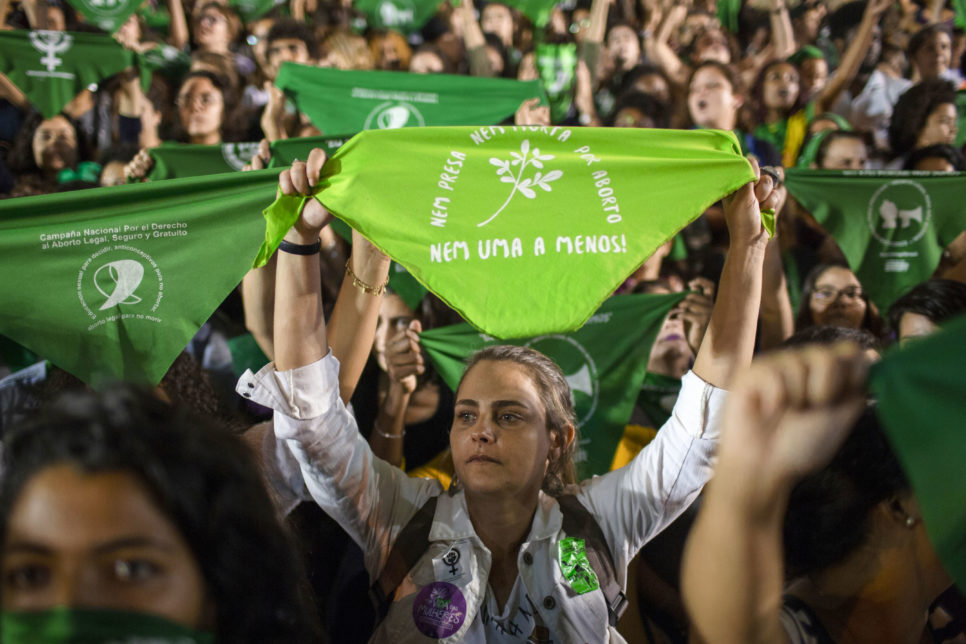The Supreme Court is analyzing a case of habeas corpus with a collective dimension on police stops conducted without objective criteria or based only on skin color, otherwise known as racial profiling. To reinforce the analysis of the justices, eight human rights organizations filed an amicus brief arguing that the practice, as it occurs today, is discriminatory.
The local organizations Black Coalition for Rights, Conectas, Educafro Brasil, Black Initiative for a New Drug Policy, Defense of the Right to a Defense Institute (IDDD), Peregum Black Reference Institute, Land, Labor and Citizenship Institute (ITTC) and JUSTA Platform asked the justices to recognize the non-existence of a crime given the illegality of evidence resulting from a personal search carried out based on racial profiling.
The origin of the request is a habeas corpus filed by the São Paulo Public Defender’s Office on the specific case of a crime with evidence taken from a police search justified exclusively by what is called ‘reasonable suspicion’, a vague concept that enables racist criteria to be used in the selection of who will be stopped on the streets. In the document, the group points out that the defendant, convicted of drug trafficking in both a lower court and the Superior Court of Justice for possession of 1.53 grams of drugs, was stopped and searched by the police because he was black. “And this is not something assumed afterwards by the Judiciary, as it was confessed beforehand by the police officers themselves,” reads the document.
Read more
The organizations were included in the case as amici curiae (friends of the court) by the rapporteur, Justice Edson Fachin, and they note that, despite this being an individual case, the discussion has a collective dimension. “This is because its scope is to tackle the systematic and structural violation of fundamental rights that occurs through the use of racial profiling in police stops and detentions,” primarily of black people. As a result of this, agents of the State reproduce the institutional racism that is evidence of a structure of maintenance of inequalities anchored in racial hierarchies.
According to the United Nations, racial profiling is “the reliance by law enforcement, security and border control personnel on race, color, descent or national or ethnic origin as a basis for subjecting persons to detailed searches, identity checks and investigations”. The UN noted in a report published in 2020 that there is in Brazil “an overrepresentation of Afro-Brazilians in the prison system and a culture of racial profiling and discrimination at all levels of the justice system”.
Technical information
- Case: Habeas Corpus 208240
- Court: Supreme Court
- Status: Being heard
- Procedure:
- Filed on 10/26/2021
- Request for admission as amici curiae by civil society organizations accepted – 11/11/2022
- Start of judgment – 03/01/2023




